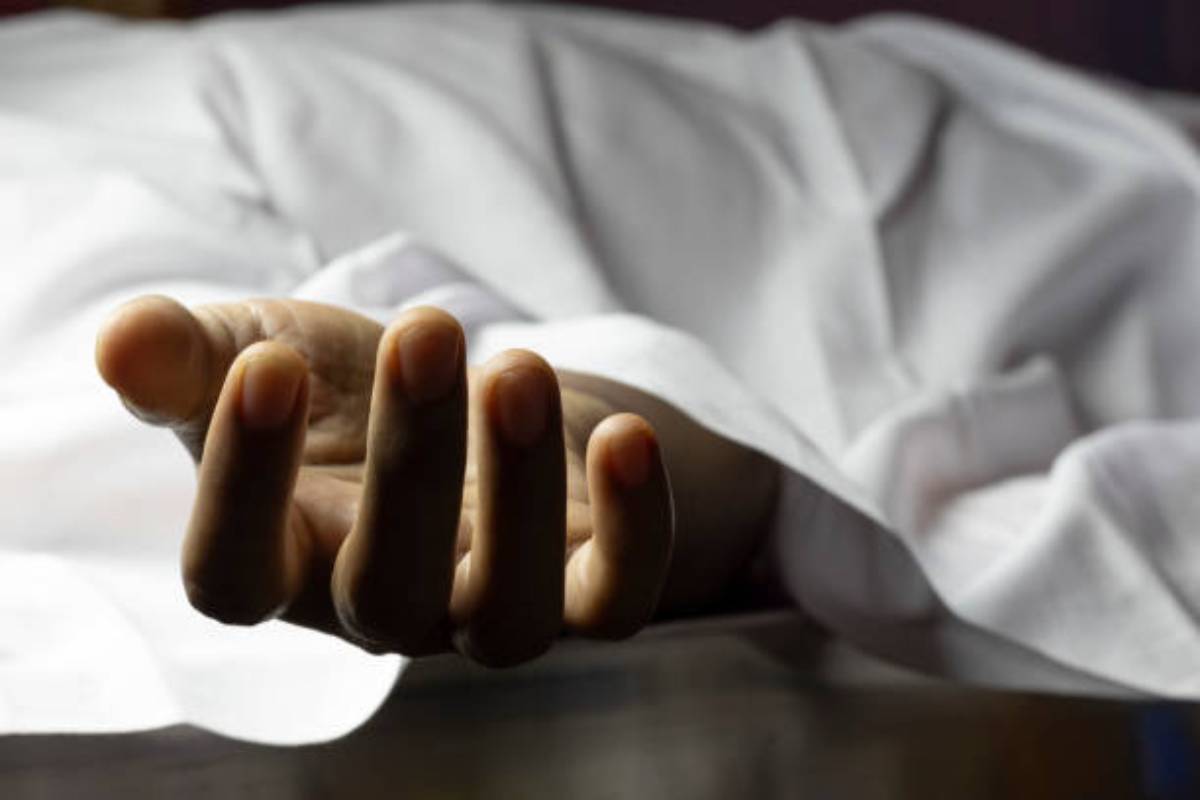AIIMS expert team visits Rajouri to identify cause of 17 mysterious deaths
The five-member team of experts from AIIMS Delhi spoke to 11 patients undergoing treatment and recorded their clinical history.
National-level laboratories and other health institutions have so far failed to identify the killer disease that has claimed 17 lives, including 13 children, in the Badhaal village of Rajouri district in Jammu and Kashmir.

[Representational Photo : iStock]
National-level laboratories and other health institutions have so far failed to identify the killer disease that has claimed 17 lives, including 13 children, in the Badhaal village of Rajouri district in Jammu and Kashmir.
The first death was reported on December 7 last and later out of the 55 symptomatic persons, 38 were discharged after recovery. No new cases have come in the past fortnight.
Advertisement
The lockdown is continuing in the village and 363 souls from 60 different families were quarantined with 592 animals being tended by the officials from Animal and Sheep Husbandry Departments to safeguard their lives.
Advertisement
Chief Secretary, Atal Dulloo today again chaired a meeting of all the concerned from Health and Police Departments along with the representatives of nationally reputed institutions to take assessment of the efforts made to safeguard the lives there besides identifying the causes behind these deaths.
The meeting besides Principal Secretary, Home and Secretary, Health was attended by ADGP, CID; Divisional Commissioner, Jammu; IGP, Jammu; IGP, CID; DC, Rajouri; SSP, Rajouri; Principal, GMC Jammu and other local health experts.
It was also joined by Director, AIIMS; Director, PGIMER, Chandigarh; DG, ICMR; Director, Indian Institute of Toxicology Research (IITR), Lucknow; Director, CFSL; Experts from National Institute of Virology (NIV), DRD, Gawalior and experts from other reputed laboratories carrying out investigation of the samples sent by the Health Department.
Dulloo took this occasion to impress upon the concerned not to lower their guard and take samples of fertilizers, pesticides, insecticides used locally to identify the root cause of these deaths. He also asked for augmentation of facilities in the local hospitals so that these are well equipped to deal with any such eventuality in future.
He directed an audit of the health facilities to examine the need of adding more ICU beds, oxygen plants, isolation wards in addition to availability of specific drugs and specialists there.
The Chief Secretary also urged the AIIMS, New Delhi to extend their support in enhancing the capacity of the local medics here for dealing with such situations. He also suggested sending some doctors there for specialized training and also sending some experts from there to build the capacity of many more here in the hospitals of the UT.
He also talked to the Health experts from different national institutions and sought their suggestions for adopting the future course of action. He simultaneously directed the Law Enforcement Agencies to conclude their investigations in light of the test reports received from these institutions and the ones which are yet to come.
The Secretary Health, Dr Syed Abid Rashid Shah informed that there are currently no admissions in any of the hospitals and patients had even been examined by teams of doctors from PGIMER, Chandigarh and AIIMS, New Delhi here.
The Divisional Commissioner, Jammu, informed the meeting that it is being ensured that no food or eatables are exchanged as the families had been removed from their homes and kept under continuous surveillance.
Meanwhile, 529 insecticide, pesticide, herbicides and fertilizer samples have been collected from across Rajouri District in connection with the ongoing crisis.
A total of 257 shops were identified for sampling, including 60 selling insecticides, pesticides, and herbicides, besides other 194 selling fertilizers. Out of these, 254 shops were subjected to rigorous sample collection.
During the extensive, a total of 529 samples were collected, comprising 293 samples of insecticides, pesticides, and herbicides, along with 236 samples of fertilizers. These samples will be sent for testing, the results of which may play a crucial role in the investigation related to Badhaal village.
Advertisement